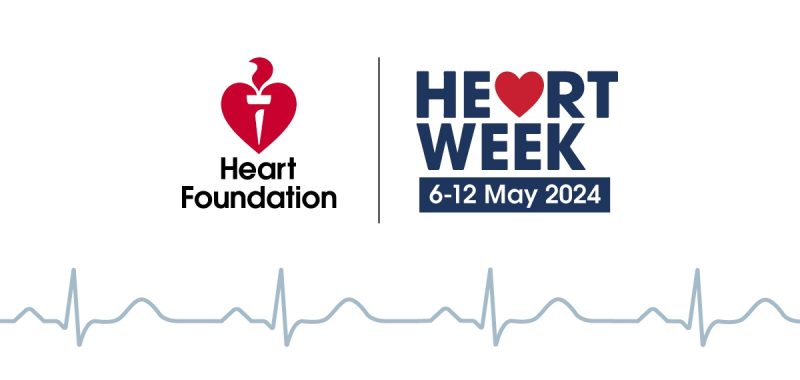By Dr Sarah Lewis
We hear the term “heart attack” a lot and it is often what people worry about when they develop chest pain.
But what exactly is a heart attack and how can we try to prevent one?
Let’s start by reminding ourselves how the heart works. The heart is a fist-sized muscle that acts as a pump, to transport blood around our bodies. The right side of the heart receives blood that is low in oxygen content and transports it to the lungs. Here, it gets a fresh supply of oxygen. The blood then returns to the left side of the heart, where it is pumped to the rest of the body.
In order for the heart to do its job, it needs a good blood supply from multiple vessels called coronary arteries. A heart attack is when one of these arteries, supplying blood to the heart, becomes blocked. This blockage reduces the amount of blood that gets to that part of the heart muscle. Typically, “plaque” has built up along the walls of the artery over time – a piece of this plaque then breaks off and suddenly blocks the artery, causing symptoms such as chest pain, shortness-of-breath, lightheadedness, nausea or vomiting.
We initially diagnose a heart attack using a heart tracking (ECG) and blood tests. An angiogram, a dye test that shows the coronary arteries, is then done if there is a concern.
The treatment of a heart attack depends which artery is blocked and to what extent. Treatments include blood thinning medications and surgery to unblock, put a stent in or bypass a blocked artery.
The main risk factors for developing a heart attack are:
- Smoking
- High blood pressure
- High cholesterol
- Diabetes (or even pre-diabetes)
- Being overweight or obese
- Having a family history of heart disease/heart attack or stroke (particularly if the family member was younger than 60 years of age)
As GPs, we try to help patients reduce their risk of developing a heart attack by managing these risk factors. A lot of this comes back to having a healthy lifestyle, as well as seeing your GP to monitor your blood sugar, blood pressure and cholesterol.






